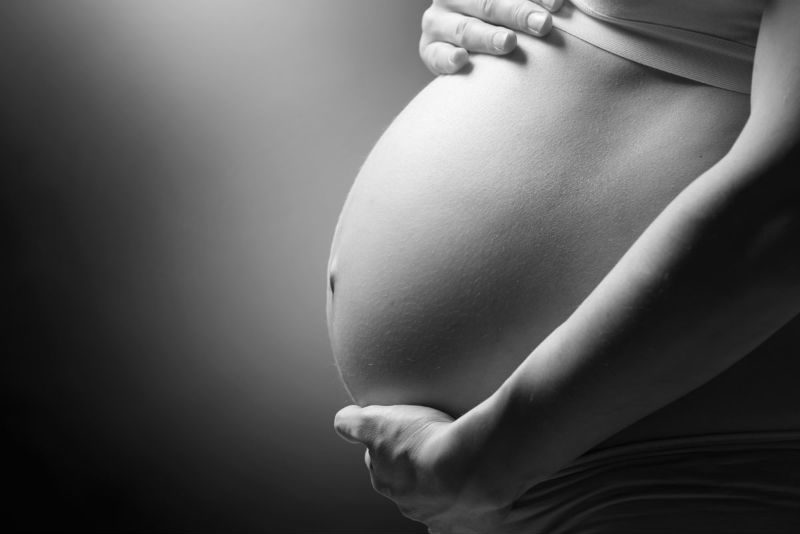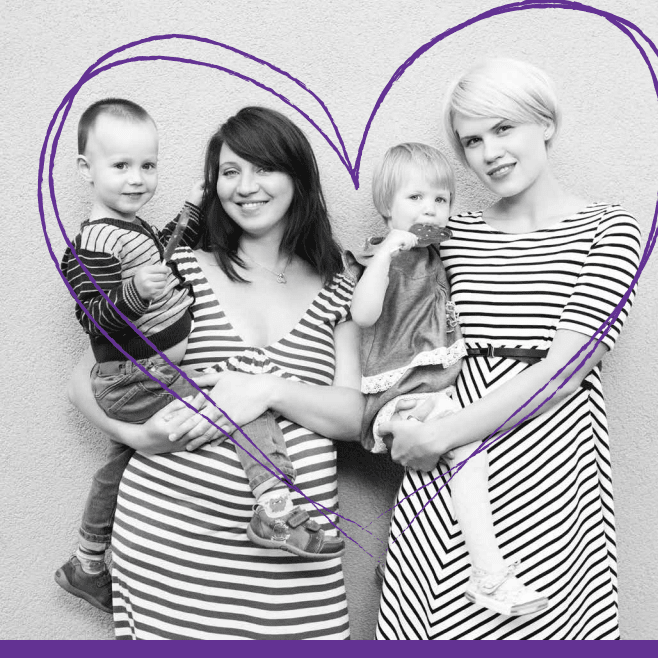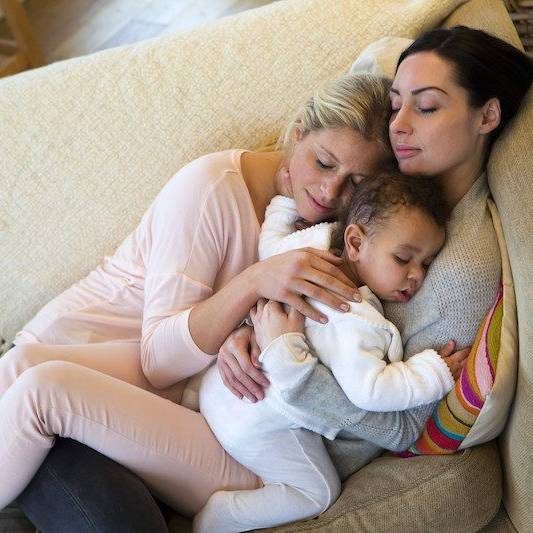 Rainbow Fertility offers advice and help for anyone thinking of becoming a parent.
Rainbow Fertility offers advice and help for anyone thinking of becoming a parent.
One of the first things that a single woman or lesbian couple who want to have a baby need to do is choose a sperm donor, but the task may need more thought than you think.
Dr Vadim Mirmilstein, a specialist with Rainbow Fertility Melbourne said sperm donors are classified as either ‘known’ or ‘clinic recruited depending on the type of relationship between the donor and the woman/couple.
“Often known donors can be hard to find as not all acquaintances, friends or family members are comfortable with the idea of donating and with having a child genetically linked to them. However, some people say potential donors are everywhere if you let it be known,” Dr Mirmilstein said.
Some belief using self-insemination with a known sperm donor (e.g. a friend) sometimes feels like the best solution for them. However, Dr Mirmilstein cautions that if you are thinking of going down this path, he encourages you to think through and discuss a number of matters.
“The important things to consider are the role of the donor in the pregnancy, birth and child’s life; their willingness to donate for more than one child if required; whether they want to be known to the child; if the donor has a partner, the role of the partner in the arrangement?; the quality of the sperm as it can be impacted by poor lifestyle choices among other things; their willingness to have the full medical tests and counselling?,” Dr Mirmilstein said.
Rainbow Fertility has clinic-recruited sperm donors available (frozen sperm) who have already gone through a lengthy and thorough process to ensure the quality of the sperm or alternatively you can bring your known donor in to complete the medical health checks available.
Using a clinic-recruited sperm donor recruited through a centre like Rainbow Fertility has several benefits according to Dr Mirmilstein including knowing that the donor has undertaken counselling and understands the implications and legalities of being a donor; the quality of the sperm has been checked; thorough medical screenings to exclude any transmittable or genetic diseases; a six-month quarantine period for the sperm donation which is followed by a further medical screening of the donor; and a limit to the number of children that result from each donor.
Patients can also select a clinic-recruited sperm donor with particular characteristics that are important to them.
It is important to remember that in Australia, children conceived from donor sperm have the right to access identifying information about the donor when they turn 18.
Clinic-recruited donors that come through a professional centre like Rainbow Fertility, however, have no legal rights to a child. Please note this may not be the case for known donors. A known donor, as opposed to a clinic-recruited donor, might be able to obtain orders about the child in the Family Law Courts. The woman giving birth is the legal mother of any child born. The recipient couple is financially and legally responsible for the child, and they shall have full parental rights to the child.
Australia also has restrictions in place to limit the number of families that can be created from a single donor.
City Fertility Centre who owns and runs the Rainbow Fertility centres said in 2015 they recorded a 32 per cent increase in single women using donor sperm for a range of Assisted Reproductive Technology treatments. This highlights the increasing demand for sperm donors in Australia.
Whether you use a donor that is known to you or one of our clinic-recruited donors, we encourage you to let Rainbow Fertility help manage the process to ensure the best outcome for you, your partner (if applicable) and the child.
Importantly, whatever path a person decides on, Rainbow Fertility will support their patient’s choice. To find out more information about sperm donors visit Rainbow Fertility Online.
Rainbow Fertility has a responsibility of providing ART based on the relevant state or federal laws and guidelines. All individuals/couples are encouraged to refer to their own state legislation and seek independent legal advice for more information.


